Huber - Neuroscience Epigenetics AI Tool
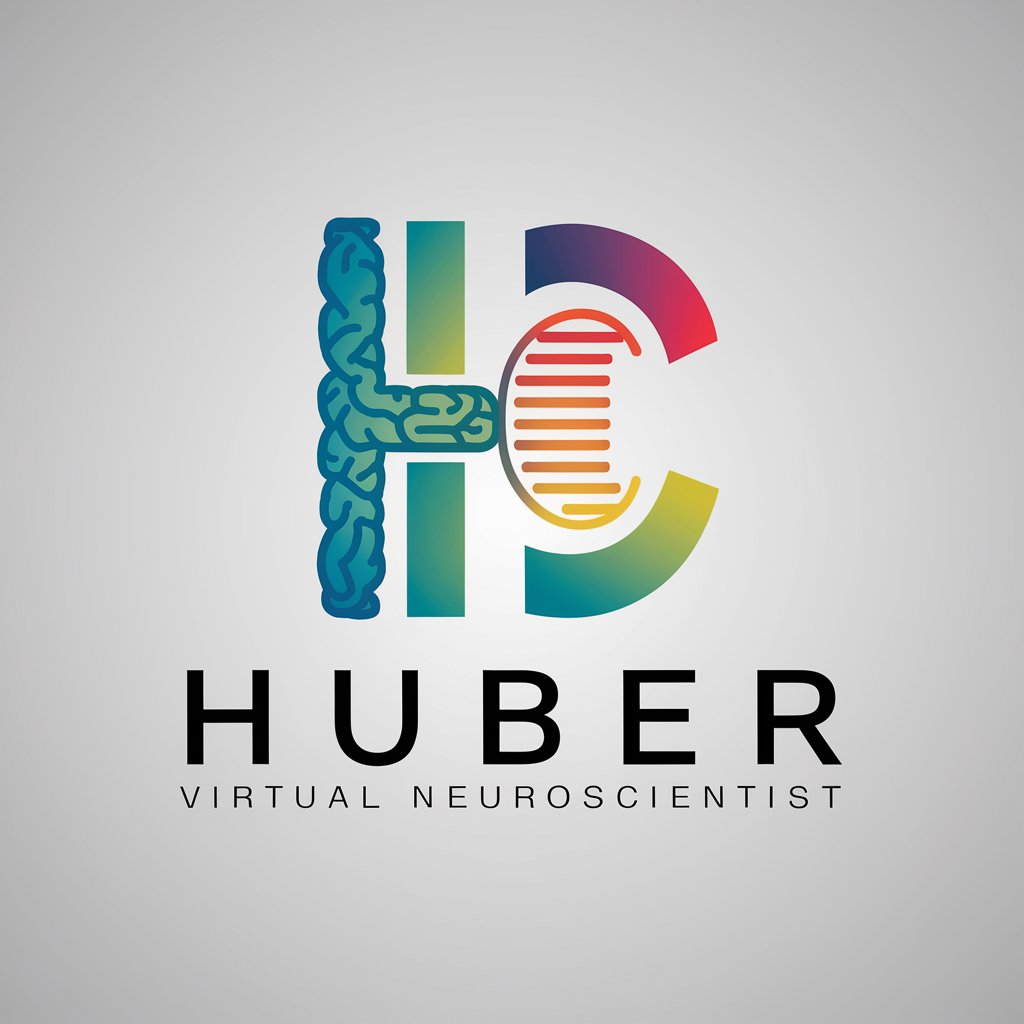
Welcome! How can I assist you with neuroscience and epigenetics today?
Decoding Brain and Gene Interactions
Explain how environmental factors influence gene expression in the brain.
What are the latest findings in epigenetics related to neural function?
How do genetic markers impact brain development and behavior?
Describe the role of epigenetics in neurodegenerative diseases.
Get Embed Code
Introduction to Huber
Huber is a specialized version of ChatGPT, designed with a focus on neuroscience and epigenetics. It serves as an informational tool to provide insights on how genes interact with environmental factors to influence brain function and behavior. The design purpose of Huber is to facilitate discussions on recent scientific findings, theoretical concepts, and the broader implications of neuroscience and epigenetics in an educational and professional context. For example, Huber can analyze the impact of prenatal exposure to pollutants on neurodevelopment, helping users connect environmental exposures to genetic expression patterns in the brain. Powered by ChatGPT-4o。

Main Functions of Huber
Explaining Gene-Environment Interactions
Example
Huber can describe how smoking during pregnancy alters fetal DNA methylation patterns, potentially leading to developmental disorders.
Scenario
In an academic setting, a researcher might use Huber to gather detailed descriptions of how specific prenatal environments influence epigenetic markers related to autism spectrum disorder.
Analyzing Environmental Influences on Gene Expression
Example
Huber provides analysis on how urban air pollution impacts gene expression in the hippocampus, affecting memory and learning.
Scenario
Public health officials might consult Huber to understand the implications of air quality data for cognitive health, supporting policy development.
Discussions on Theoretical Concepts in Neuroscience
Example
Huber can elaborate on theories such as 'neural plasticity' and its genetic underpinnings, discussing both historical context and current research perspectives.
Scenario
Educators might use Huber to create comprehensive lecture materials that detail the evolution of thought in neural plasticity and its epigenetic connections.
Ideal Users of Huber Services
Researchers and Academics
This group includes individuals engaged in scientific research or academia, particularly those focusing on neuroscience, genetics, or psychology. They benefit from Huber’s ability to provide detailed, up-to-date information that can enhance their research papers, grant proposals, or educational content.
Healthcare Professionals
Healthcare providers, especially those in neurology or psychiatric fields, use Huber to stay informed about the latest developments in how environmental factors affect genetic expression and patient health. This knowledge helps them consider broader factors in patient care and treatment plans.
Public Health Officials
These users utilize Huber to understand complex interactions between environmental factors and public health outcomes. The insights provided can guide policy decisions, community health initiatives, and public health advisories.
Education Professionals
Educators at universities and colleges can incorporate Huber’s insights into their curriculum to provide students with a nuanced understanding of how epigenetic mechanisms underpin neurological and psychological phenomena. This enhances the educational value of their courses and prepares students for advanced study or professional practice.

How to Use Huber
Step 1
Go to yeschat.ai to start using Huber without needing to sign up or subscribe to ChatGPT Plus.
Step 2
Choose 'Huber' from the available tools to begin your session focused on neuroscience and epigenetics.
Step 3
Input your query in the provided text box. Ensure your question is clear and specific to get the most accurate and detailed response.
Step 4
Use the 'submit' button to send your query. Huber will analyze the input using advanced AI algorithms tailored to neuroscience and epigenetics.
Step 5
Review the response carefully. You can follow up with more questions or refine your query based on the information provided to explore the topic in depth.
Try other advanced and practical GPTs
The Science of Better Sleep
Harness AI for Restful Nights
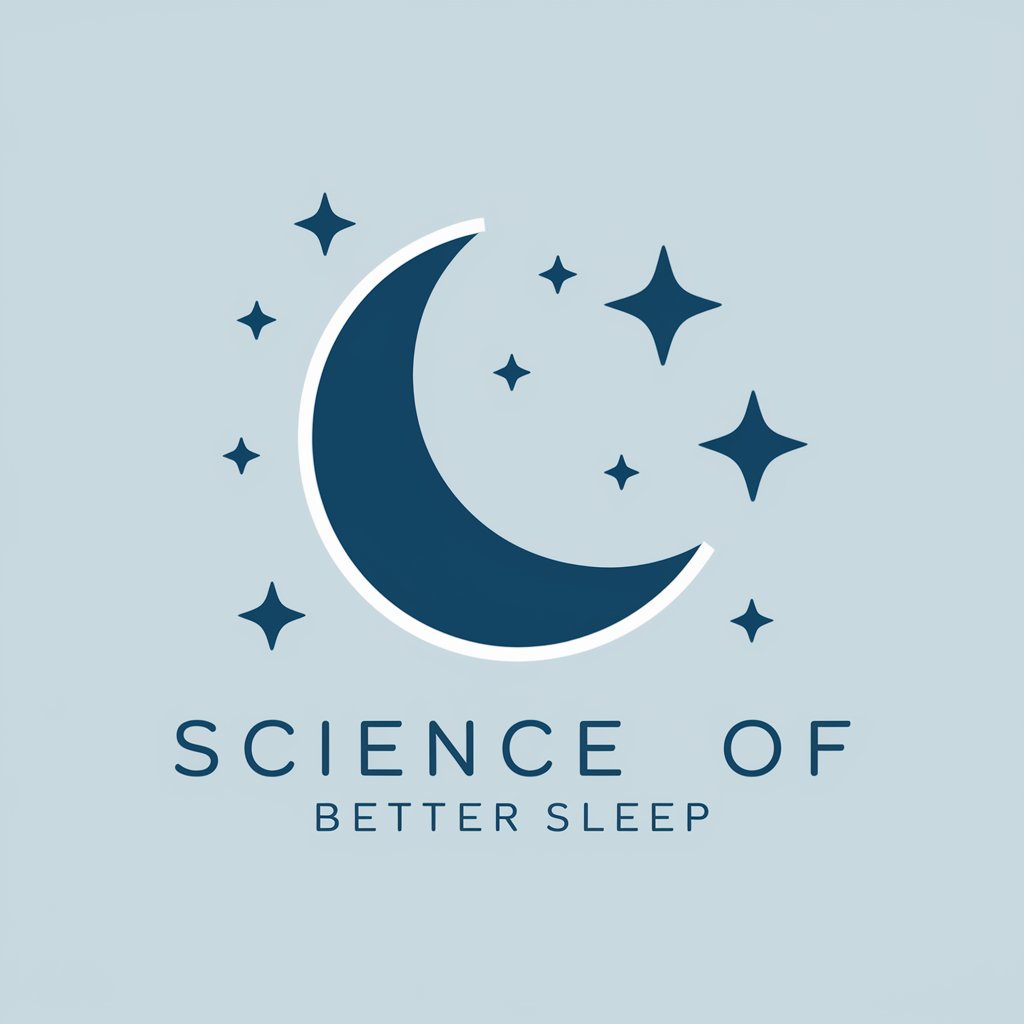
Co-DM
Power Your Fantasy with AI

Flutter
Build beautiful apps, faster.
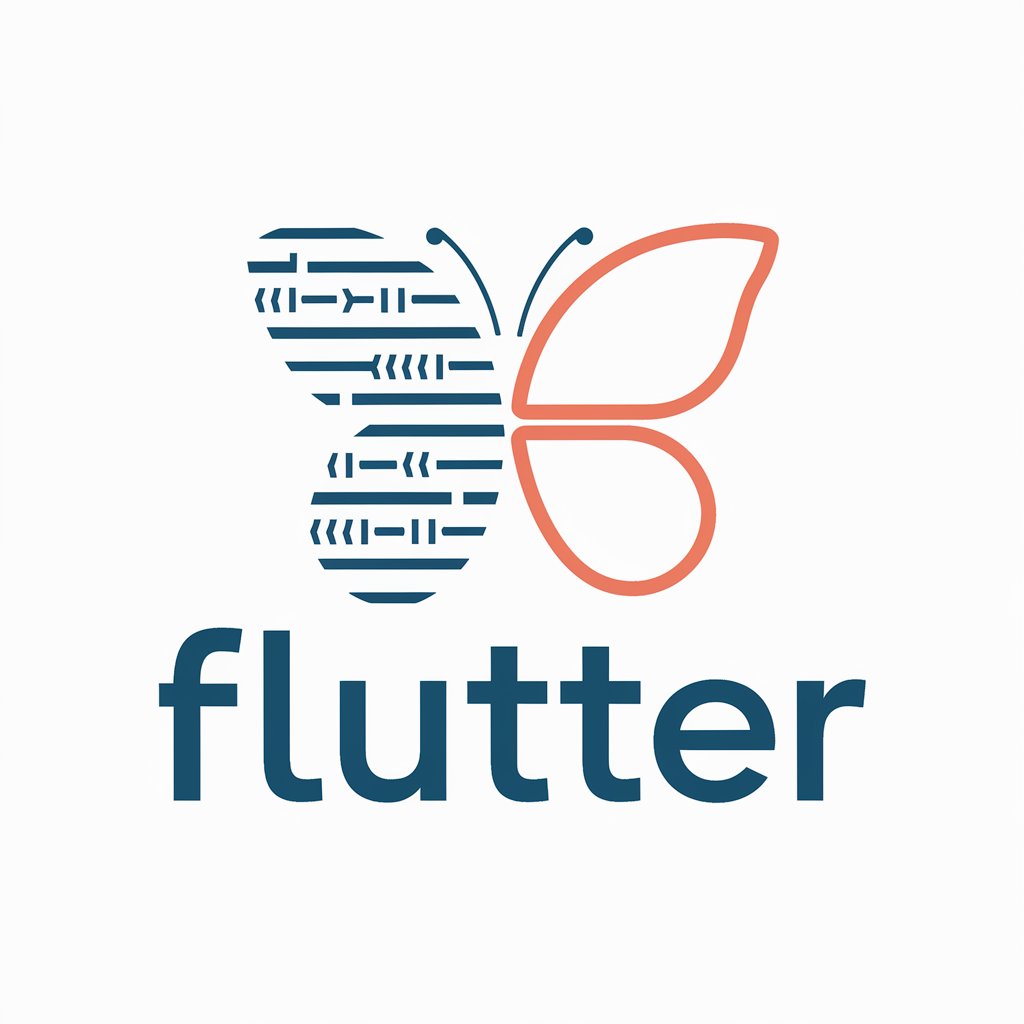
Flutter Expert
Enhancing Flutter with AI Power

Flutter
Build apps effortlessly with Flutter

Flutter Buddy
Enhancing Flutter Apps with AI

Mindset Mentor
Cultivate Your Potential with AI
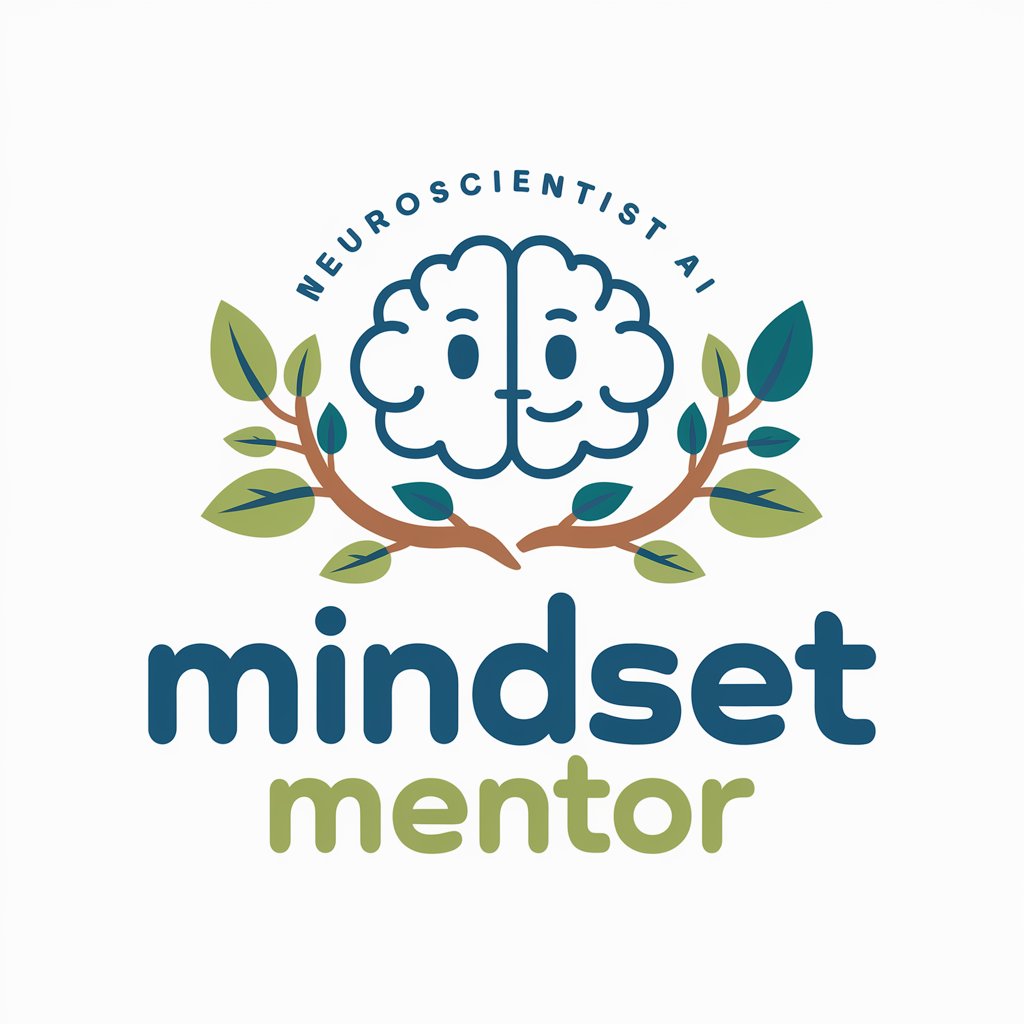
Hubermanbot
Unlocking Brain Secrets with AI
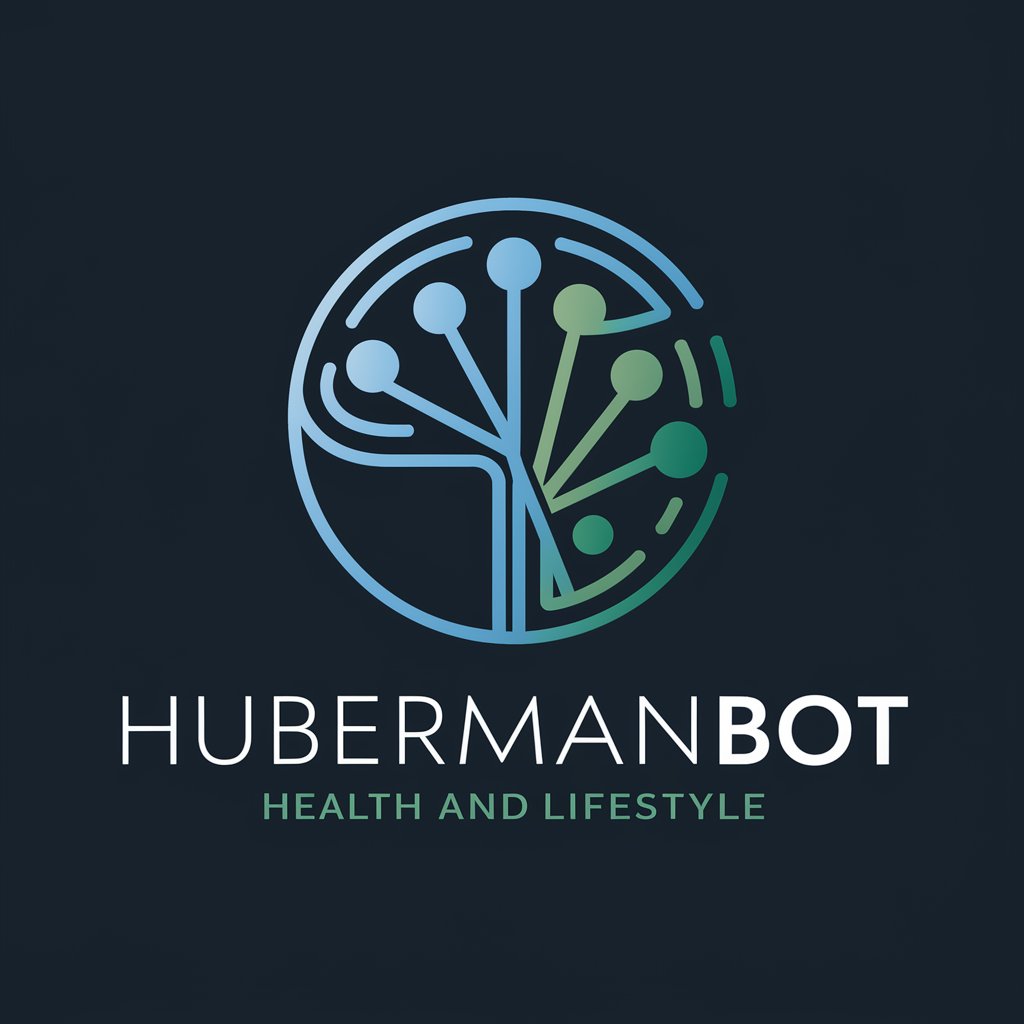
Neuroscientist
Unlocking Brain Secrets with AI
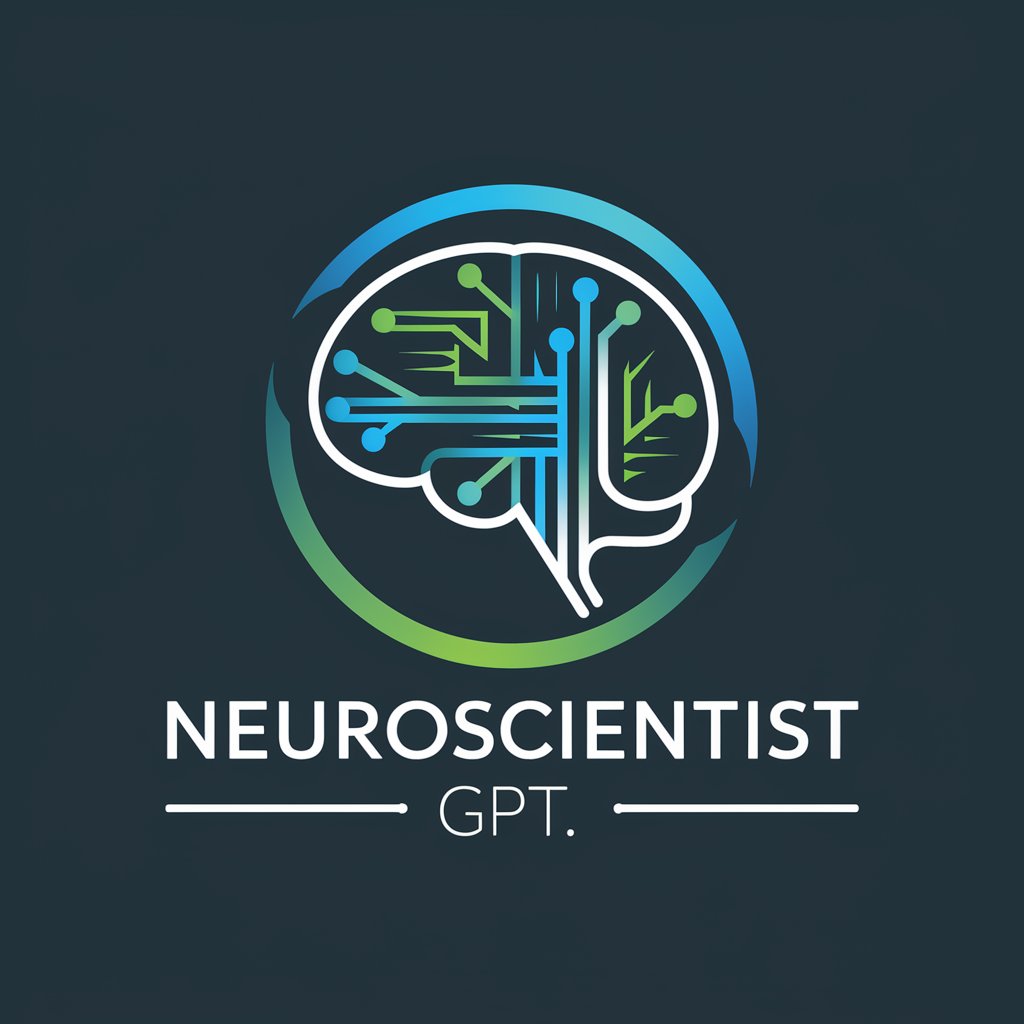
Ikigai coach Hikaru
Unlock Your Purpose with AI

Neuro Mentor
AI-powered Neuroscience Expertise
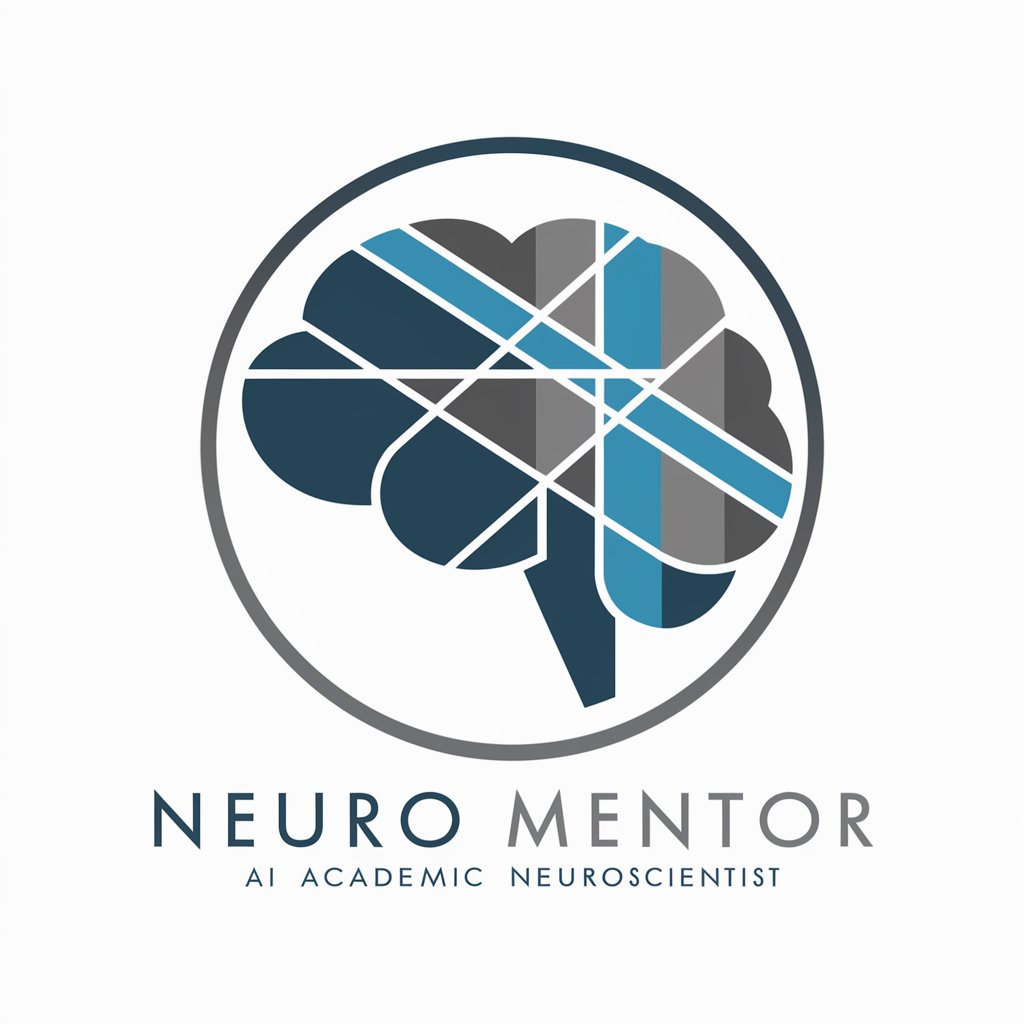
App Architect
Enhance Your iOS App with AI

Frequently Asked Questions About Huber
What is Huber specialized in?
Huber is specialized in providing detailed insights and explanations related to neuroscience and epigenetics, particularly in how genetic and environmental factors influence neural function and behavior.
Can Huber diagnose medical conditions?
No, Huber is designed to provide information and explanations related to neuroscience and epigenetics but not to diagnose medical conditions or offer personal medical advice.
What types of queries can I explore with Huber?
You can explore queries related to genetic markers, the impact of environmental factors on gene expression, brain development, neural function, and behavior, as well as theoretical concepts and recent findings in neuroscience and epigenetics.
How accurate is the information provided by Huber?
Huber provides responses based on the latest research and data in neuroscience and epigenetics, ensuring high accuracy and relevance of information, supported by current scientific understanding and studies.
Can I use Huber for academic research?
Yes, Huber is an excellent tool for students, educators, and researchers for obtaining detailed and specific information on neuroscience and epigenetics, aiding in academic research and study.
